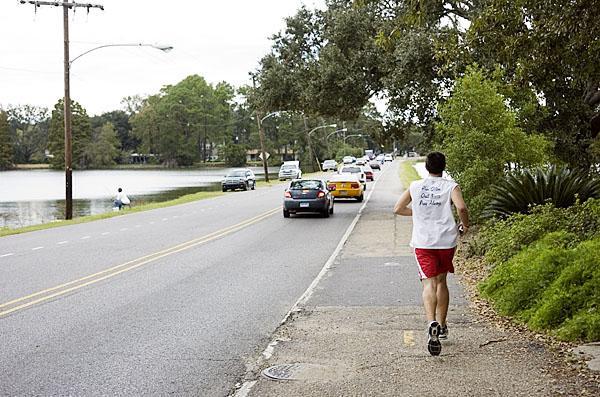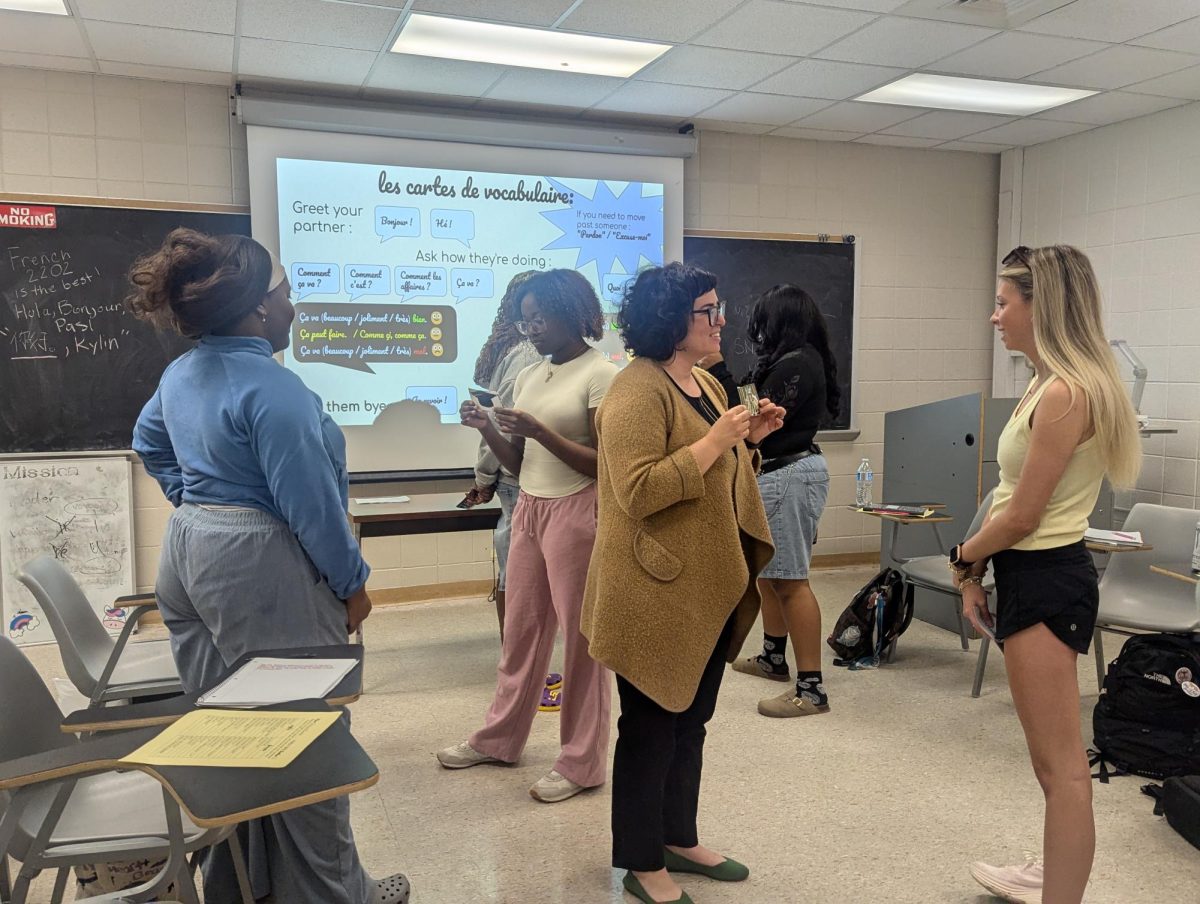Experts say distance running takes patience, motivation and dedication.If that’s the case, David Lane proved he has what it takes when he ran the last three-mile leg of a triathlon barefoot three years ago.Southern University nursing student, LSU Airforce ROTC cadet and former president of the Triathlon Club at LSU said it’s a mistake he’ll never make again as he trains for more triathlons to add to his list of three half-Ironman triathlons and a half-marathon.”I really do enjoy the run at the end of a long triathlon … it’s really more mental at that point,” Lane said. He said he takes six- to 10-mile nightly runs along the levee or around the lakes in addition to required running in ROTC training. But Lane said the running leg of a triathlon is his least favorite part — he prefers cycling because there’s less room for injury.And the distance-running Lane enjoys is catching on at LSU — Jonathan Maurin, chemical engineering freshman said freshmen interest in the Triathlon Club at LSU has increased this year. Maurin trained six months for the Ochsner 70.3 Ironman in New Orleans in April with his father by running on the Lake Ponchartrain lakefront and biking and running along the Tammany Trace. After swimming 1.2 miles, biking 56 miles and running 13 miles, he said the best part was seeing the finish line.”There’s no way you could have stopped me … It was in the French Quarter, so all of New Orleans was cheering you on,” Maurin said.He runs to stay in shape now — about five miles every afternoon around the lakes, which he said was one of the most beautiful places he’s ever run.Mark Elliott, cross country assistant coach, said long-distance running requires dedication.Elliott started running about 30 years ago, and his illustrious career has included running professionally in Europe for shoe companies such as Nike. The Jamaica native said he ran mostly 5K and 10K races.”Long-distance running … you have to exercise a lot of patience,” Elliott said. “If you’re running that disciplined, you run 70 to 80 miles a week.” Elliott said long-distance running also means self-motivation. He said running provides time for him to think and clear his mind. “Most of the time, you’re out there alone,” Elliott said.Lane said he also enjoys being alone when he runs because he has time to reflect. He downloads podcasts of the radio program “This American Life” before he goes for a run.”As long as I have a new podcast to listen to, I can run indefinitely,” he said. “Having no cell phone for a couple of hours — that is really nice.” And free technology makes it possible for anyone to self-motivate and train for distance running. Web sites like USA Track and Field and Mapmyrun.com allow users to map running routes, track distances and log exercise progress, and NikeiD allows users to customize their own running shoes.Thad Broussard, Baton Rouge orthopedic surgeon, runs every day. “I run in the morning and the afternoon, and my wife thinks I’m crazy,” Broussard said.He said running benefits the cardiovascular system and bone deposition, reducing the risk of osteoporosis. —-Contact Sarah Lawson at [email protected]
Students run long distances
October 26, 2009

Chemical engineering freshman Jonathan Maurin runs the University lakes Monday. Maurin runs about five miles every afternoon to stay in shape.





